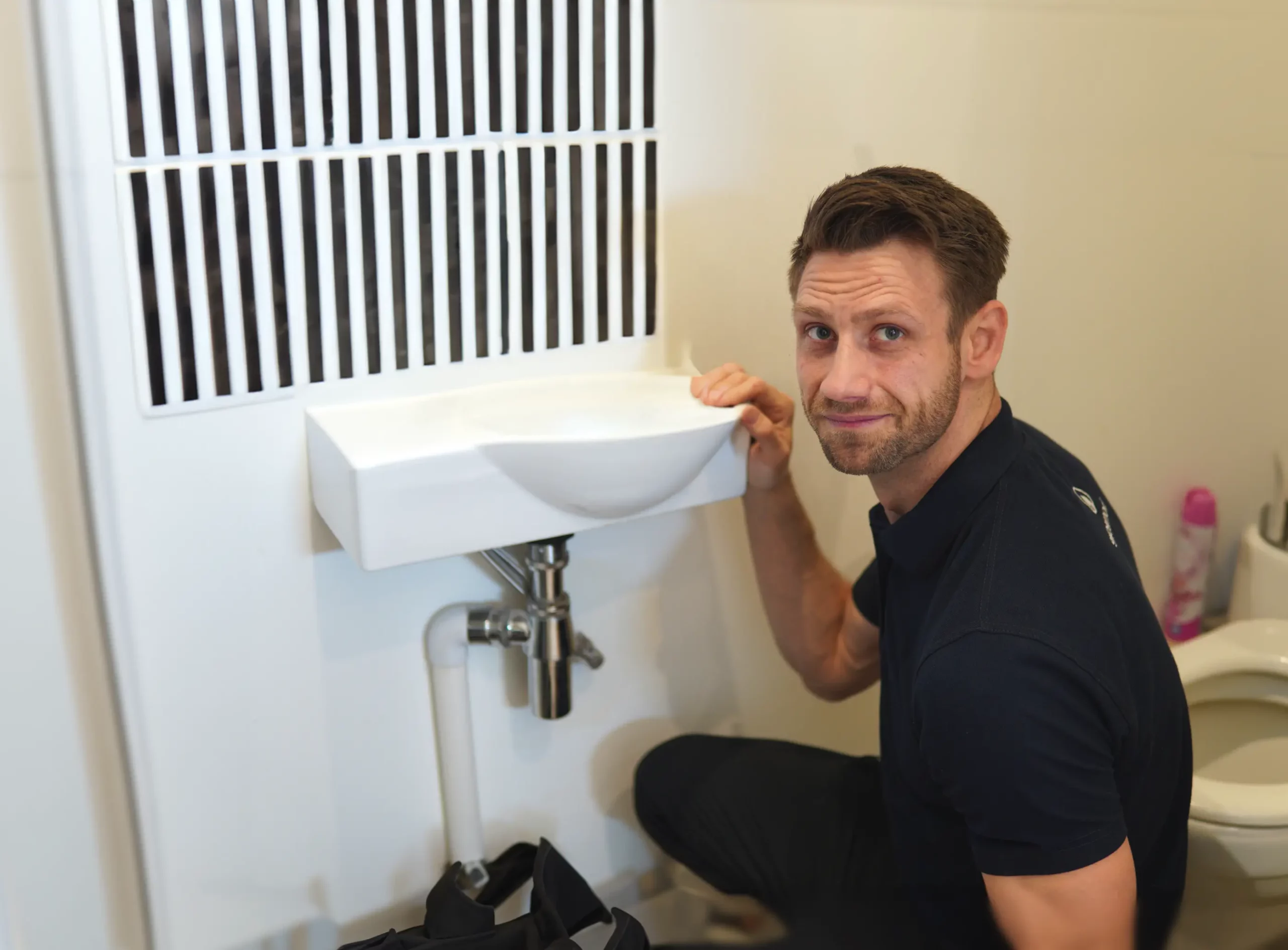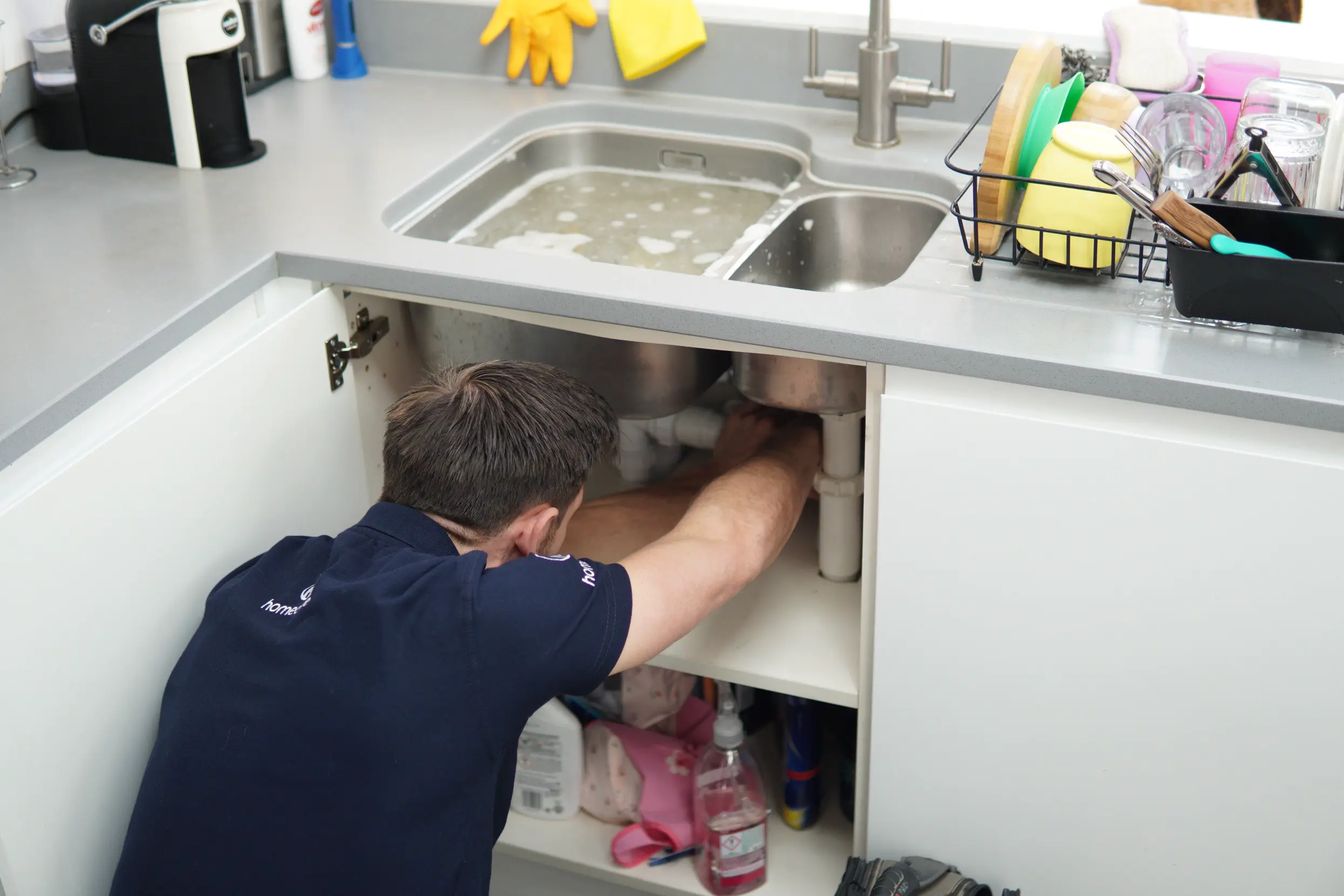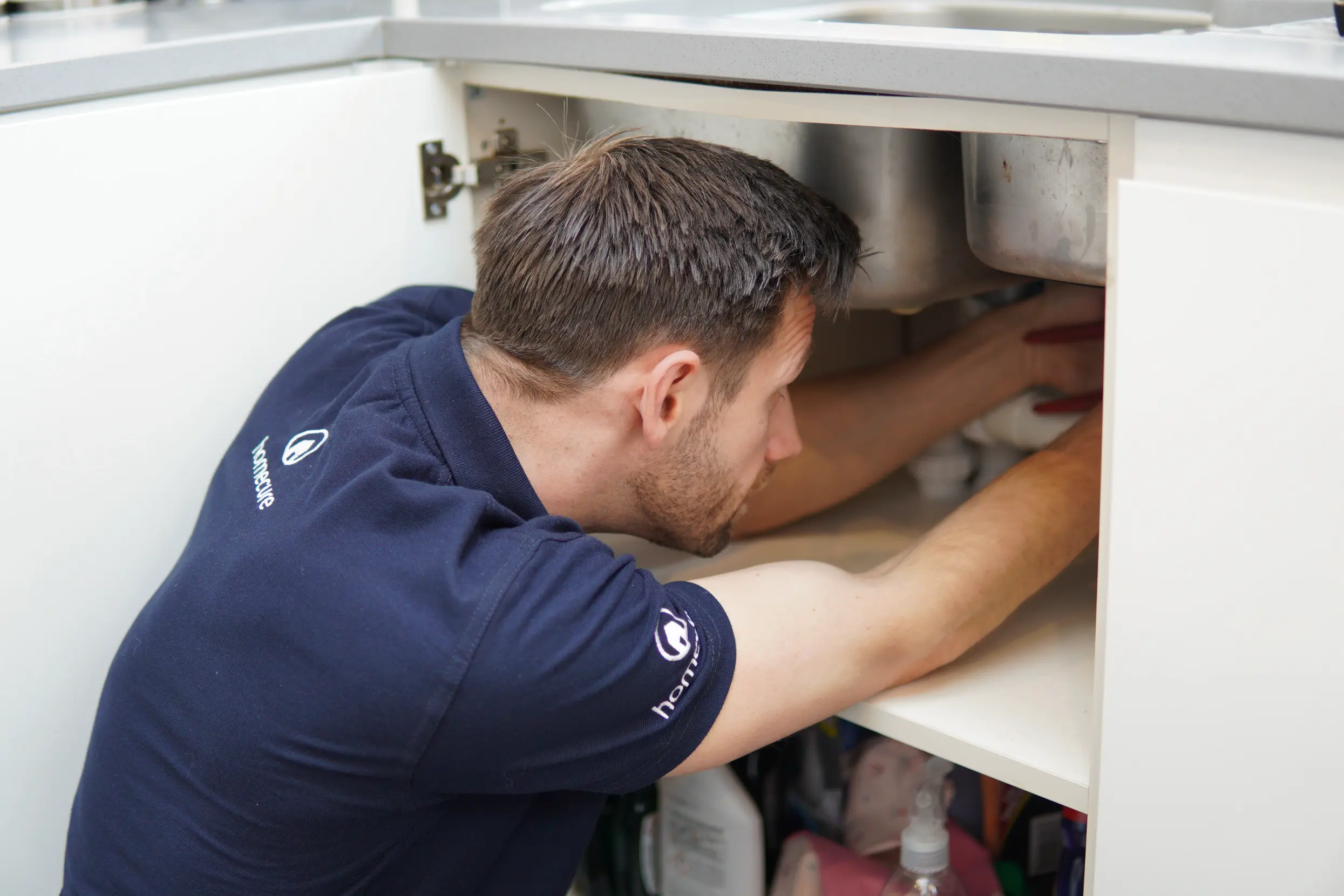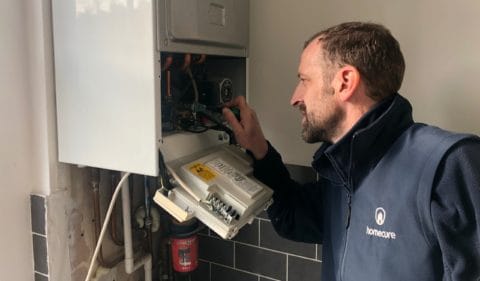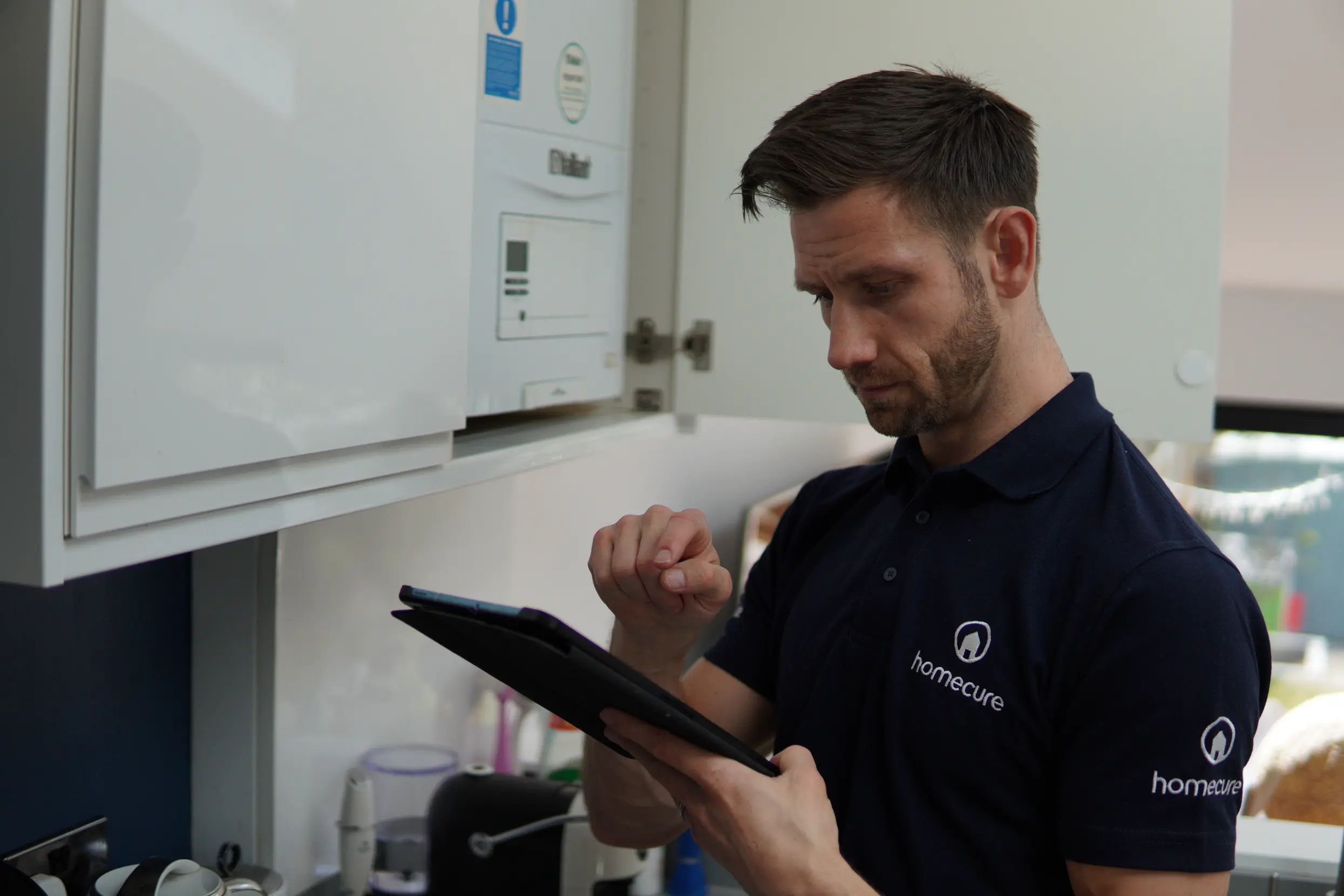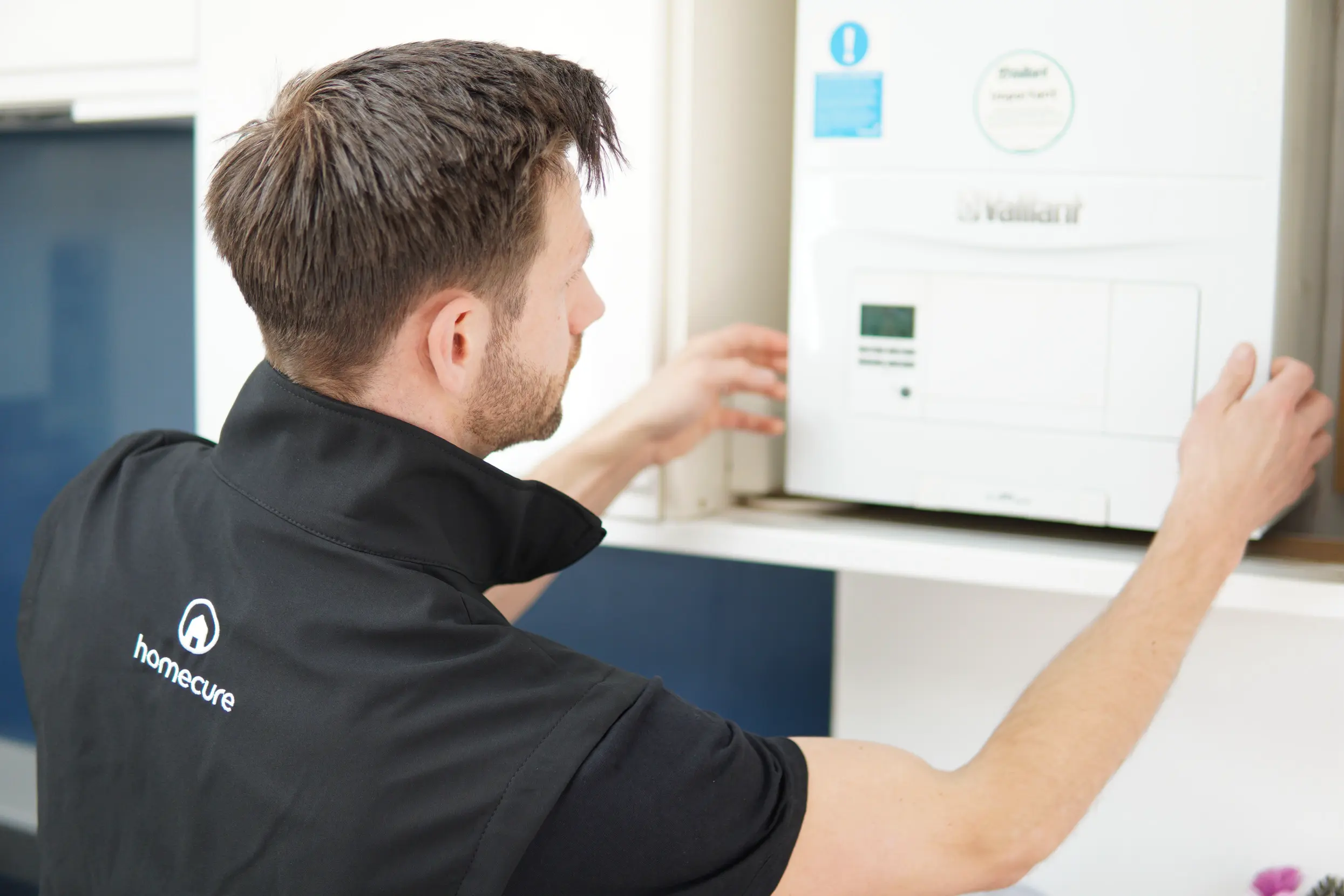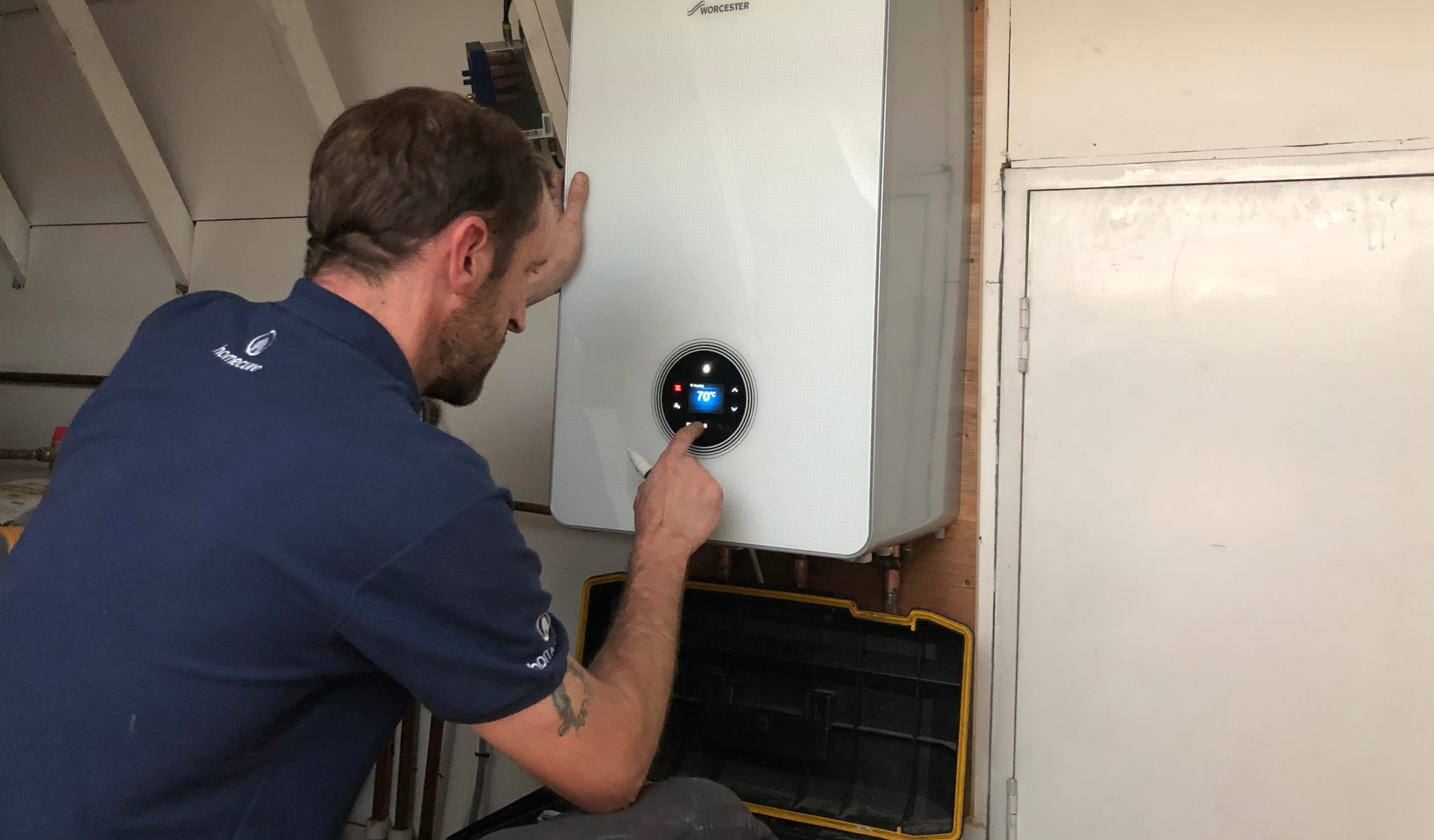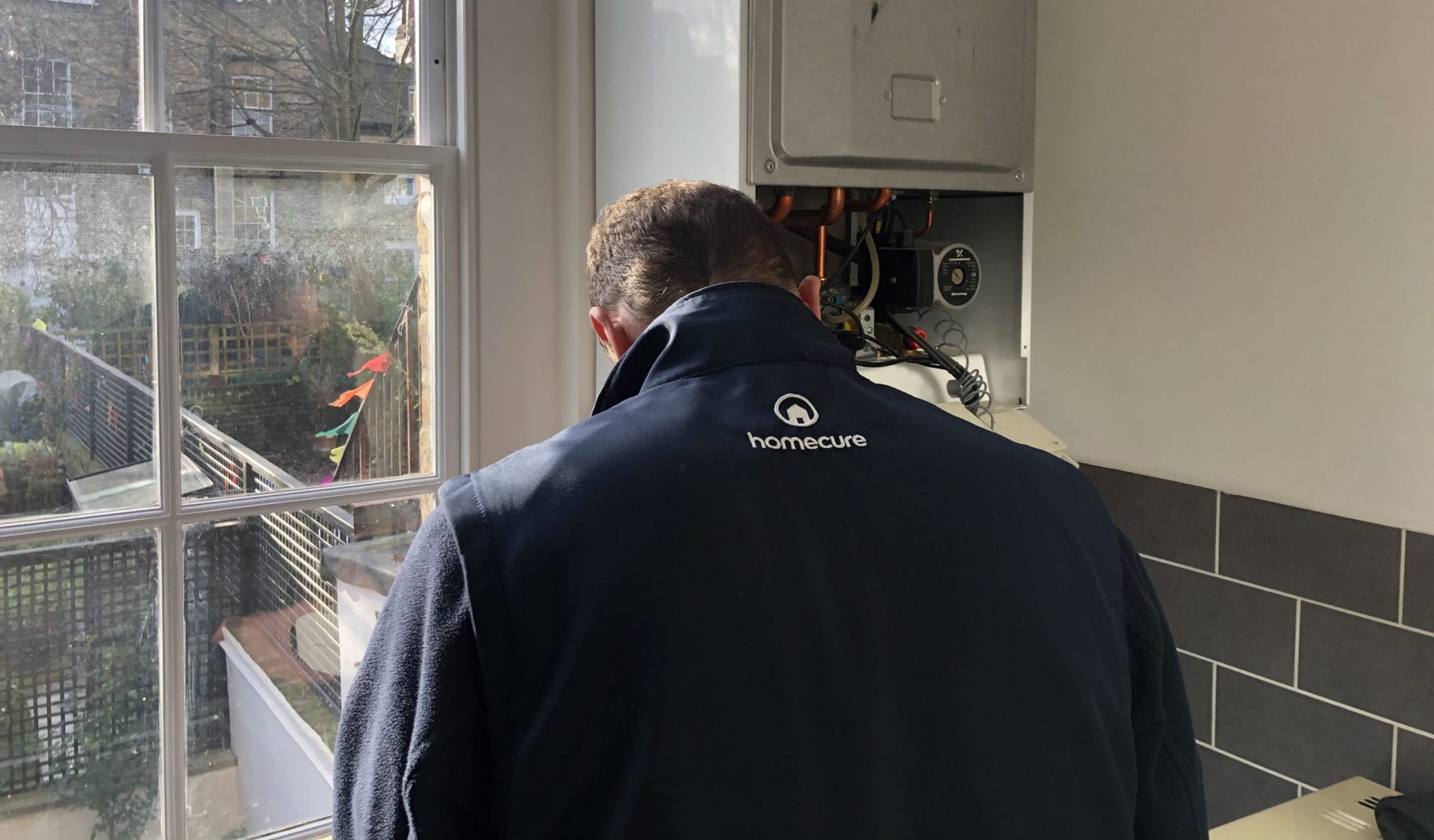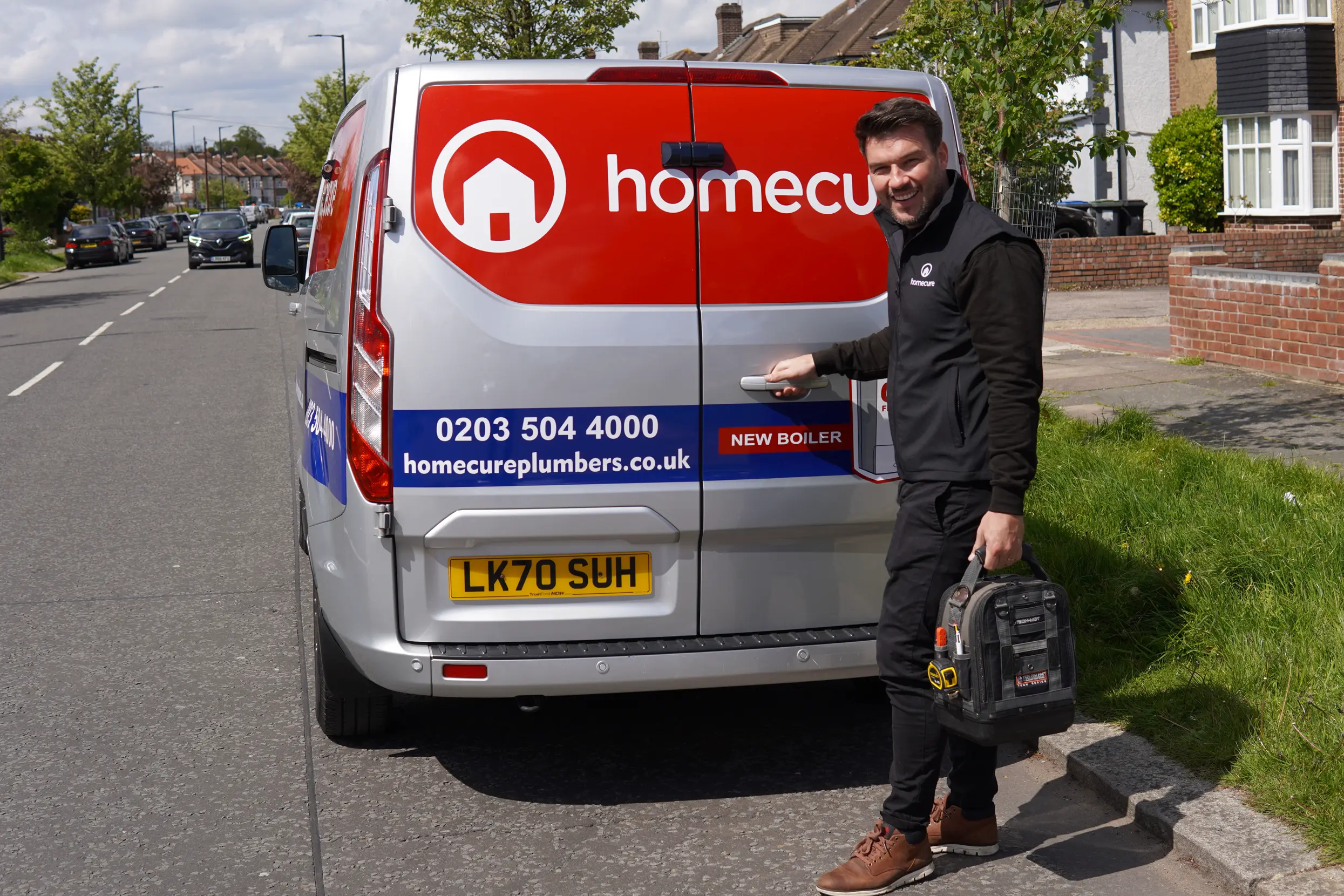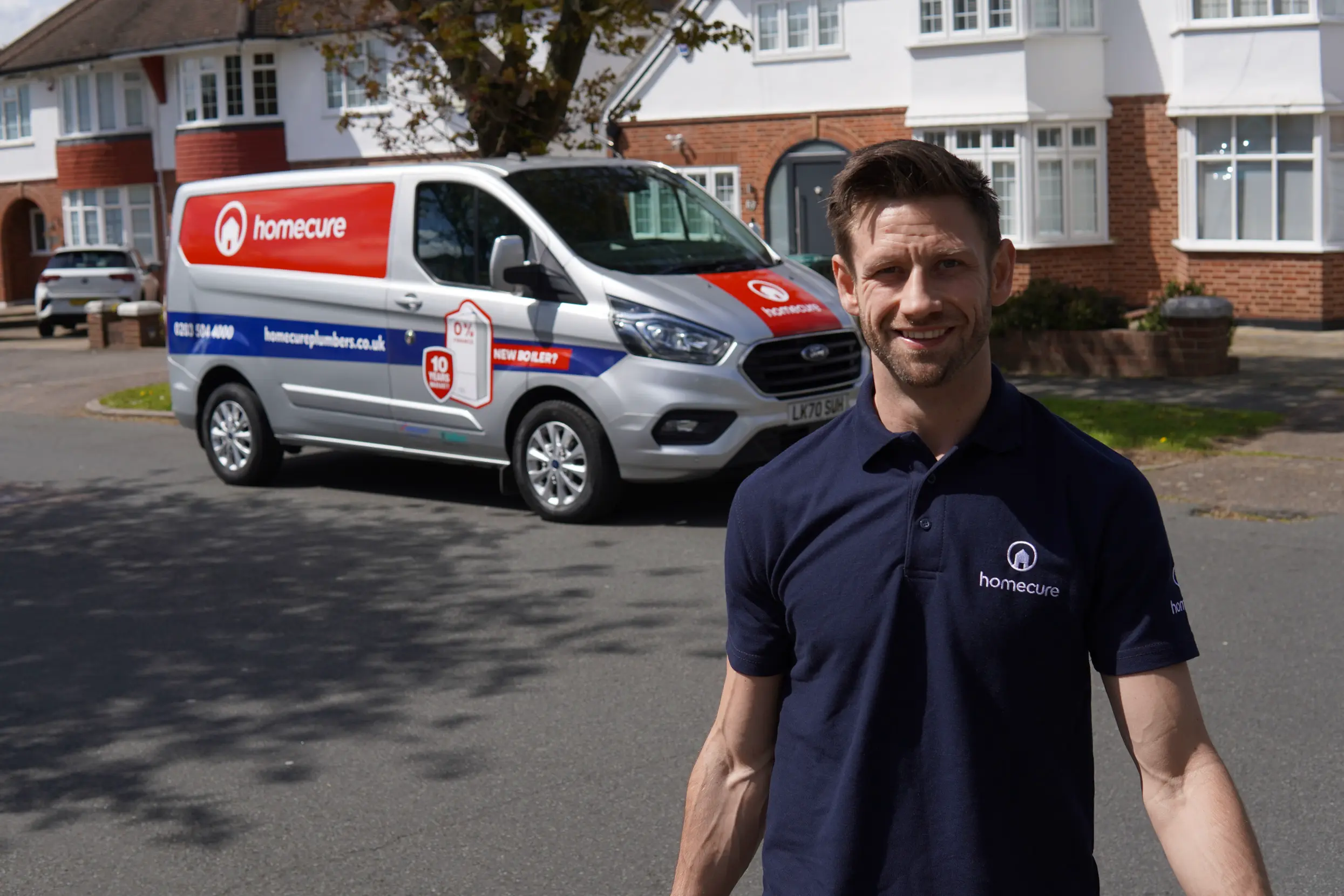Are Your Radiators Not Heating Up? Top Fixes to Get Them Working Again
Radiators not heating up? Let’s fix that. Common problems include air pockets, blockages, and valve issues. This guide will help you identify and solve them quickly.
Key Takeaways
- Common causes of cold radiators include air trapped, valve issues, and low boiler pressure, which can often be resolved through troubleshooting.
- Effective solutions for radiator heating problems involve bleeding radiators, balancing them for even heat distribution, and regular maintenance like power flushing to remove blockages.
- Consulting a professional heating engineer is recommended for persistent issues or complex problems, while regular maintenance and the use of chemical inhibitors can prevent future heating inefficiencies.
Radiators Not Heating Up? Top Solutions to Get It Working Again
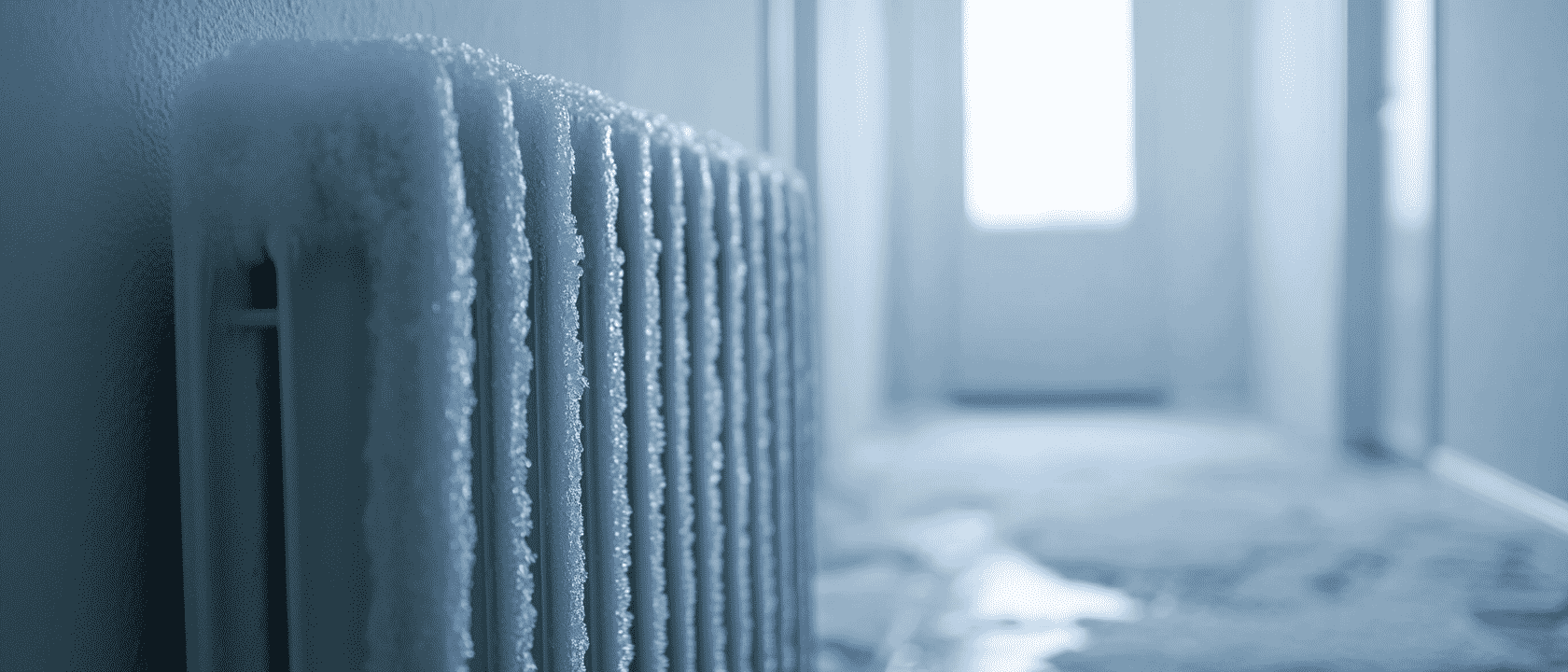
When your radiator is cold, it’s usually due to common issues like blockages, excess air, valve problems, or low boiler pressure. Troubleshooting steps include checking boiler settings, inspecting for trapped air, and assessing boiler pressure. These steps can often pinpoint the issue and help you get your radiators working again.
One of the first things to do is to check whether the problem is isolated to just one radiator or if multiple radiators are affected. This can help narrow down the cause. For instance, if all radiators are cold, the issue might lie with the boiler or the heating system. On the other hand, if just one radiator is cold, it could be an air pocket or a thermostatic radiator valve issue.
Implementing the main solutions can make a significant difference. A clear action plan, including bleeding radiators, balancing them, and addressing thermostatic valve issues, is crucial. This guide offers detailed instructions to effectively tackle these common problems.
Introduction
A frequent problem for homeowners is when radiators fail to warm properly, leading to discomfort indoors. It sounds obvious, but a properly heated home is crucial, especially during the colder months. Identifying the reasons behind radiator heating issues is crucial for effective troubleshooting.
Fortunately, resolving radiator heating issues should not be too difficult. Armed with the right knowledge and tools, these problems can be addressed quickly and efficiently. Whether it’s an air pocket, a stuck valve, or a more complex issue, this guide will help you get your radiators back to working order in no time.
Diagnosing the Issue
Accurately diagnosing the issue is crucial before attempting any fixes. Various problems can prevent radiators not heating, such as faulty boiler settings, blocked valves, or air trapped in the system.
Simple checks, like ensuring the boiler is on and the settings are correct, can often lead to identifying the root cause and fixing radiator issues.
Inspect All Radiators
Inspect all radiators in your home to determine if the issue is isolated or widespread. This helps determine if the problem lies with a single unit with a potential radiator thermostat fault or the entire central heating system. Check each radiator for any signs of leaks or blockages and ensure the radiator valves are set correctly.
Cold radiators more common downstairs than upstairs may indicate an airlock or a balancing issue in the central heating circuit. Pay close attention to the radiator valve heads and the radiator thermostats to ensure they are functioning correctly. Additionally, if you notice cold radiators downstairs, it may be worth investigating further.
For any visible issues with the radiator valves or TRV valves, consider adjusting or replacing them. Sometimes, just one radiator might be cold due to a stuck valve or air pocket, and these can be easily fixed with a radiator key or by bleeding the radiator.
Check Boiler Functionality
Checking the boiler’s functionality is vital for effective home heating. If all radiators are cold, this is a strong indication that the boiler might be the problem. Start by checking the pilot light; if it’s off, relight it according to the manufacturer’s instructions. Look for any error codes displayed on the boiler and refer to the manual for troubleshooting these codes.
Next, ensure the boiler settings are appropriately configured for both hot water and heating needs. Incorrect heating settings can prevent radiators from functioning correctly. Additionally, check the boiler pressure using the manometer display; the typical water pressure for a residential gas boiler is around 1.0 to 1.5 bar. If the boiler pressure is too low, you should turn the top-up valve. This action will increase the pressure.
Finally, ensure the timer is correctly set and that the boiler switch and circuit breakers are ON to rule out power issues. If you’re unsure about any of these steps, consulting a professional heating engineer can provide clarity and ensure your boiler is functioning properly.
Examine Central Heating System
Inspecting the entire central heating system ensures effective home heating. Start by examining the pipework for any visible issues, such as blockages, leaks or if you suspect a circulation pump not working, which can hinder the heating process.
If you find any blockages or leaks, consider consulting a professional or conducting necessary repairs to restore heating efficiency. A professional heating engineer can provide a thorough inspection and identify any underlying issues that may not be immediately visible.
Common Causes for a Single Cold Radiator
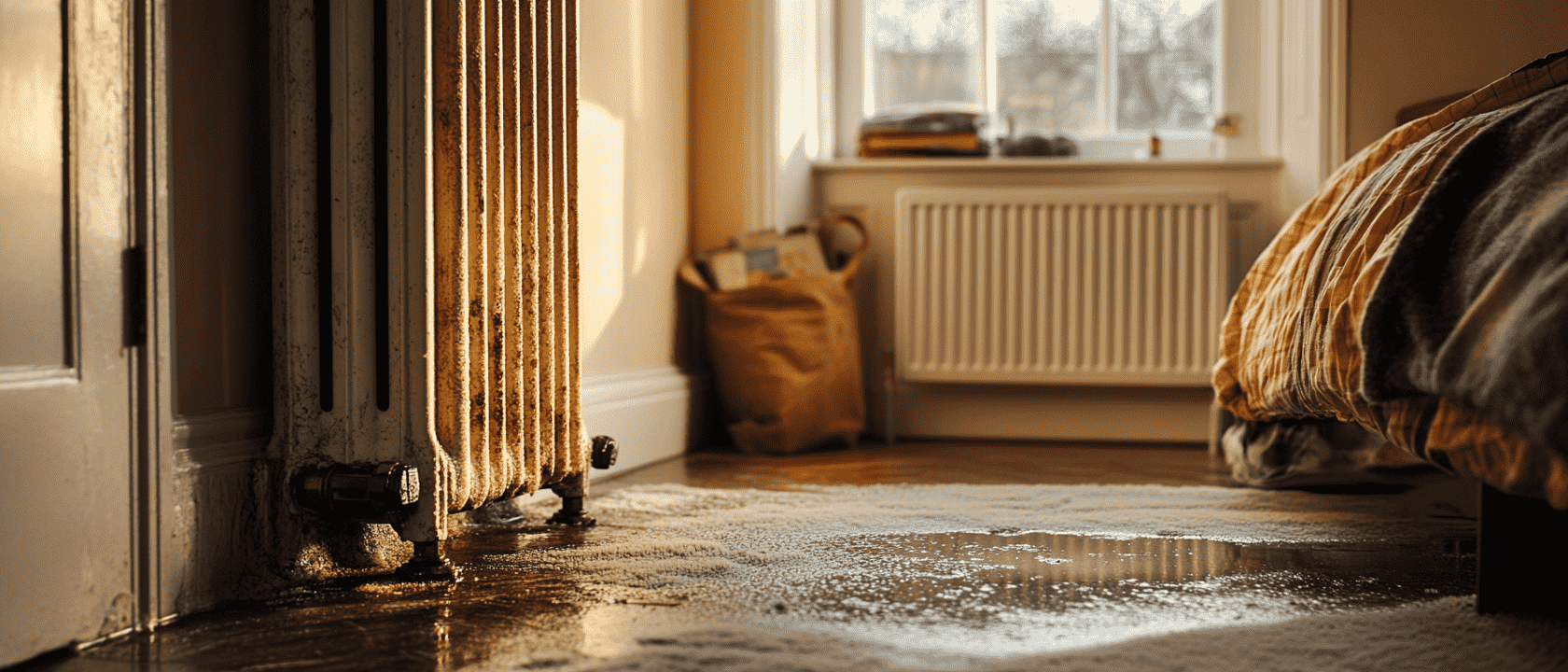
Consider common causes such as air in the system, thermostatic valve issues, and blockages or sludge when diagnosing a cold radiator. These issues can significantly hinder a radiator’s heating ability.
Let’s explore these causes in more detail.
Air Pockets in the Radiator
A radiator cold at the top and warm at the bottom suggests an air pocket problem or excess air in the system. This issue can prevent the radiator from heating effectively. Air trapped inside a radiator creates cold spots where water cannot circulate, preventing proper heating. This is a common problem, especially in radiators furthest from the boiler.
Bleeding the radiator can help alleviate cold spots caused by trapped air, allowing for better heating distribution. To bleed a radiator, use a radiator key to unscrew the bleed valve until air is released, then tighten it after water starts to come out. This simple process can make a significant difference in heating efficiency. Make sure to check your boiler pressure is in optimal range after bleeding any radiators as you may need to manually top up the pressure after.
Thermostatic Valve Issues
Thermostatic radiator valves (TRVs) regulate hot water flow through the radiator. A radiator cold could be from a stuck or incorrectly set TRV can prevent radiator not heating. Check the thermostatic valve head and ensure it is set to the desired temperature.
If the pin in the TRV is stuck, try to free it with pliers and grease. Adjusting the radiator valves can resolve issues where radiators are not heating due to incorrect settings or stuck pins.
Blockages and Sludge
Sludge, rust, or dirt blockages can restrict hot water flow. This can lead to a radiators not heating and having a hot top and a cold bottom. During summer, sludge can settle at the bottom of radiators, clogging pipework and internal fittings.
A power flush can effectively remove sludge and debris, restoring proper water flow. Additionally, adding chemical inhibitors to the system can help prevent future sludge buildup and ensure the central heating system runs efficiently.
Troubleshooting Multiple Cold Radiators
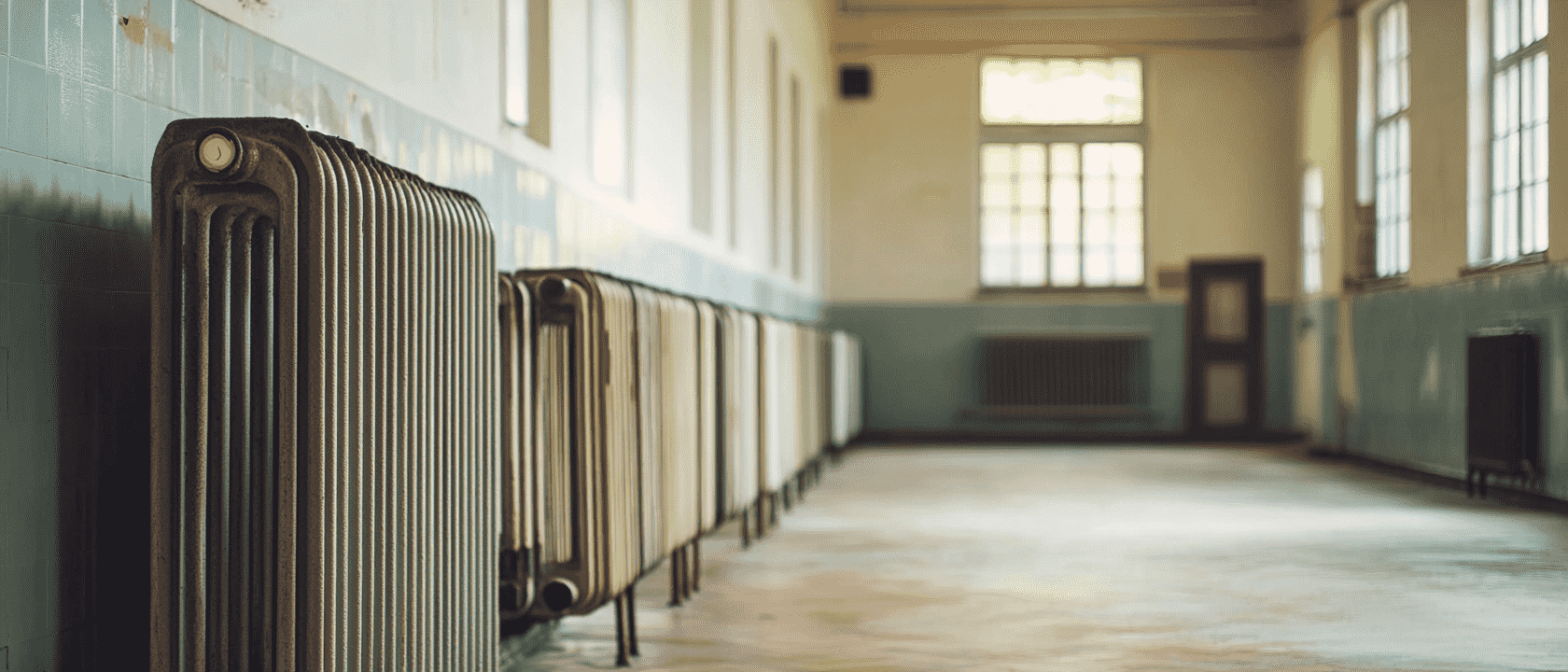
If multiple radiators are cold, the issue likely lies with the central heating system. Common causes include boiler pressure problems, central heating control issues, and diverter valve faults.
Let’s explore these potential issues in more detail.
Boiler Pressure Problems
Boiler pressure that is too low can result in radiators failing to heat. If the boiler pressure is low, the boiler can’t heat the house effectively. Check the boiler’s pressure gauge, typically found at the front of the boiler, on the hot water cylinder head or an external pressure gauge sited near the boiler or cylinder.
If the pressure is below the recommended level, follow the guide to increase the boiler pressure. This usually involves turning the top-up valve until the pressure reaches the correct level.
Regular boiler pressure checks will help detect a radiator leak and ensure efficient central heating system operation.
Heating Controls
Timers and thermostats are crucial for regulating radiator temperature and operation. A malfunctioning timer or thermostat can prevent heating from reaching radiators on an individual heating circuit. Make sure the timer and thermostat are set correctly.
Dysfunctional central heating controls might need resetting or replacing. Modern central heating controls, including wireless thermostats, offer better management of heating schedules and temperatures, improving overall efficiency and comfort.
Diverter Valve Fault
A faulty diverter valve can prevent hot water from reaching radiators, leading to cold radiators throughout the home. A suspected faulty diverter valve often requires a heating expert’s assessment and might indicate system replacement.
Blockages in pipework and filters can also impact radiator performance. If multiple radiators remain cold despite other troubleshooting steps, consulting a professional local engineer can help diagnose and fix the issue.
Fixing Common Radiator Problems
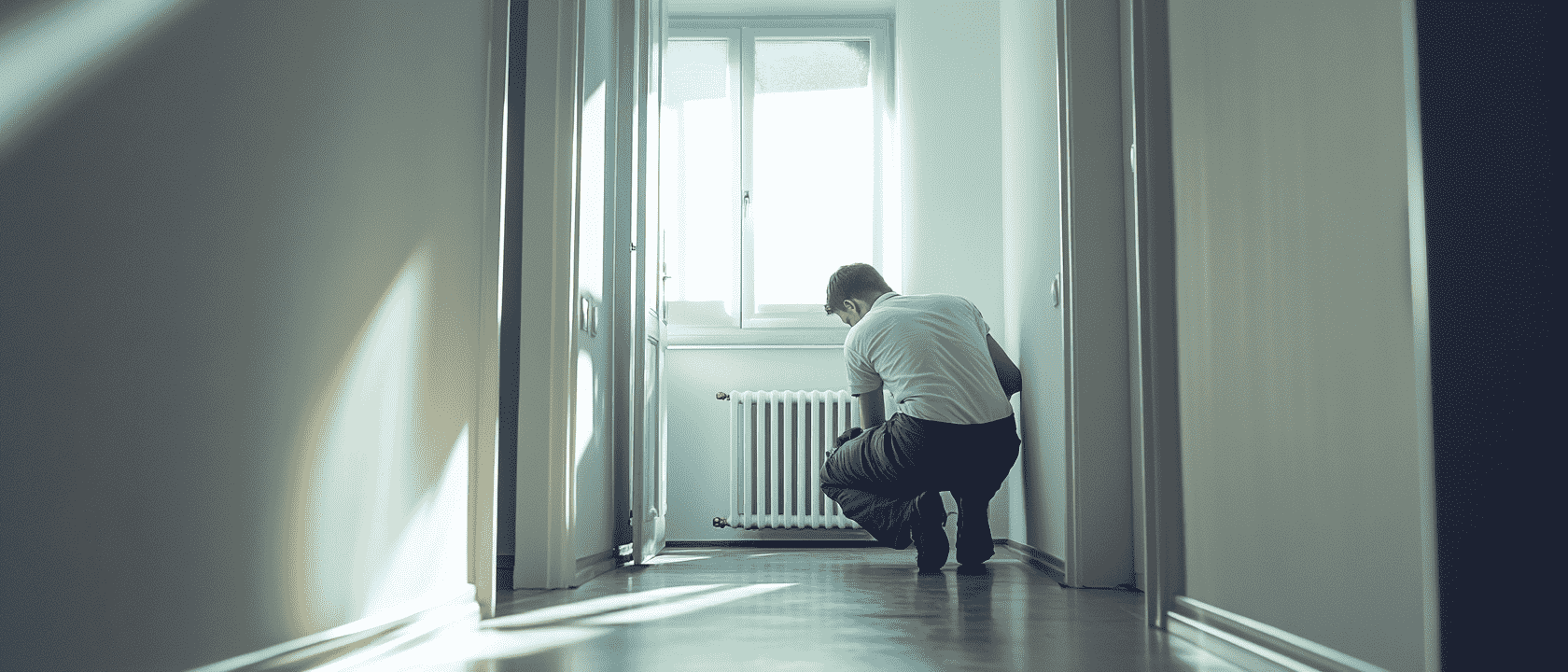
Practical solutions for common radiator problems include bleeding, balancing, and cleaning or a flush of the central heating system.
Let’s delve into these solutions in more detail.
Bleeding Radiators
Air in the system can cause radiators to be cold at the top but warm at the bottom. Air trapped in radiators creates cold spots that hinder proper water circulation. Ensure the heating is off and check the manual for safety issues before you bleed radiators.
Use a radiator key to unscrew the bleed screw until air is released, then tighten it after water comes out to remove trapped air. Successful bleeding occurs when no more air is released and water begins to come out. Consult an HVAC professional or consider radiator replacement if a radiator remains cold after bleeding.
Additionally, check if the thermostatic radiator valve is stuck by removing the head to reveal a pin and see if it moves. If the pin is stuck, try to free it with pliers and grease.
Balancing your Radiators
Balancing radiators ensures uniform heat distribution. An unbalanced system can cause some radiators to be hot while others remain cold. Locate the lockshield valve at one end of the radiator and adjust it to control water flow for balancing. A quarter turn can significantly affect heat distribution.
Turn on your heating system and allow it to heat up before starting. Use a radiator key to adjust the lockshield valves on each radiator, starting with the one closest to the boiler and working your way to the furthest. This ensures all radiators receive an even amount of hot water, improving overall efficiency.
Cleaning and Power Flushing
A power flush can remove sludge and debris, ensuring the heating system runs efficiently. It uses a machine with chemicals to break down and remove sludge, rust, and other blockages.
After clearing the sludge, add a chemical inhibitor to prevent future buildup. Regular cleaning and maintenance, including magnetic filters to capture debris, can significantly improve your central heating system’s longevity and performance.
Professional Help and Maintenance
Engage a professional heating expert for persistent radiator issues or complicated leaks. Regular maintenance and inspections can enhance your heating system’s longevity and efficiency, preventing major problems.
Hiring a Professional Heating & Plumbing Engineer
Call an HVAC technician if your boiler isn’t heating the radiators. Small blockages can escalate quickly, necessitating professional cleaning or flushing. A defective diverter valve may block hot water from reaching radiators, requiring professional evaluation and possible replacement.
A professional local plumber can correctly diagnose and effectively resolve complex issues. Their expertise can save time and money, ensuring proper heating system function.
Regular Heating System Maintenance
Regular radiator maintenance can prevent heating inefficiencies. Regular boiler pressure checks help detect leaks and ensure efficient water movement. Routine maintenance should include leak checks and radiator performance assessment.
Add inhibitors every one to two years or after system maintenance. Smart thermostats allow better energy consumption management, reducing heating costs. Advanced heating controls improve temperature management and energy savings.
Using Chemical Inhibitors
Chemical inhibitors are essential for maintaining heating system efficiency. They guard against future sludge buildup, extending the heating system’s life.
Add a chemical inhibitor after clearing sludge to prevent further buildup.
Upgrading Your Heating System
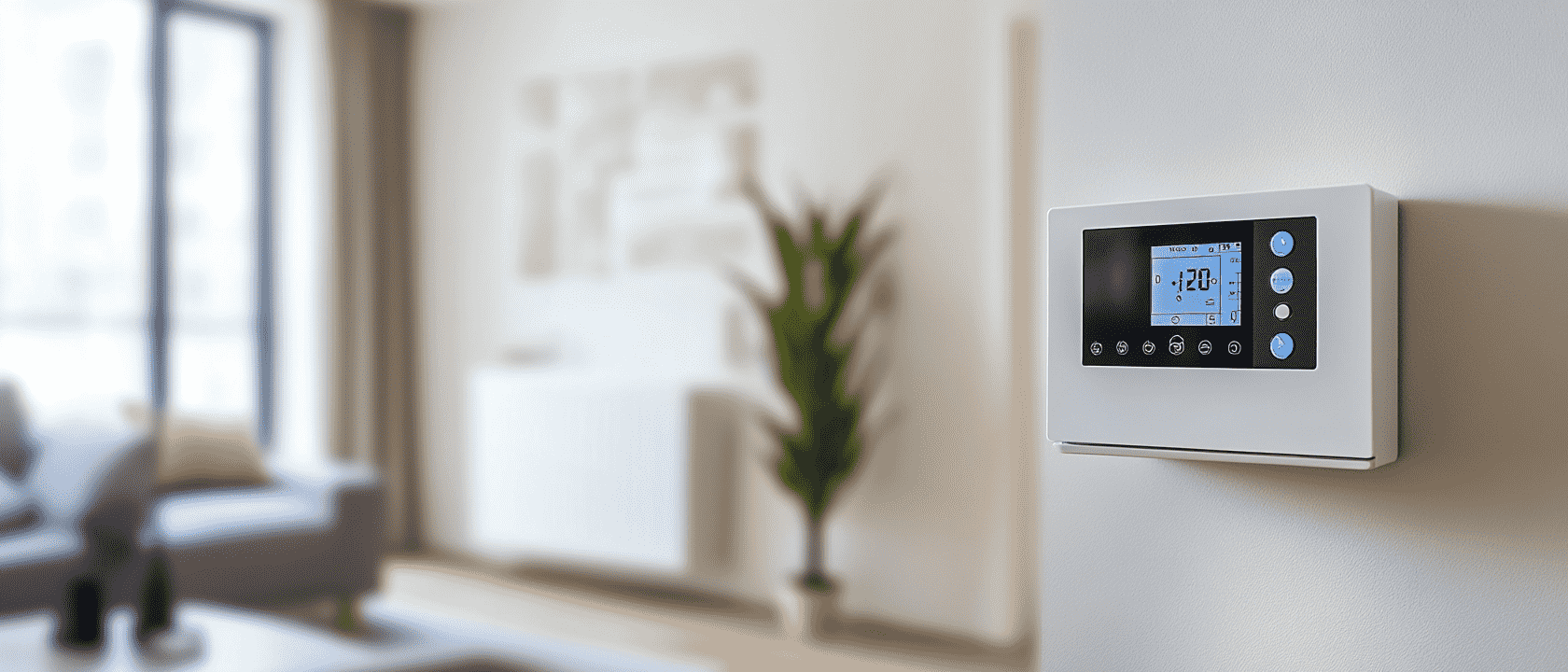
Consider upgrading if your combi boiler or conventional boiler is old. Consider the same for radiators used for many years. A new, high-efficiency boiler heats your home more quickly and saves on energy consumption.
Upgrading your heating system can greatly improve comfort and efficiency.
Choosing New Radiators
Choosing the right size radiator is crucial for effective room heating. Tools like a BTU calculator ensure efficient room heating by matching the radiator size to the room’s requirements.
Consider modern designs offering better heat output and efficiency when choosing new radiators. A heating professional can help select the best radiators for your home’s needs, ensuring optimal performance and energy savings.
Modern Heating Controls
Smart thermostatic radiator valves allow room-specific temperature control and can be programmed via smartphones. These valves optimise individual room heating, allowing for tailored warmth and energy savings.
Upgrading to smart heating controls greatly enhances heating management and comfort. Modern heating controls are essential for improving home heating system comfort and efficiency.
Summary
Diagnosing and fixing radiator issues doesn’t have to be daunting. By inspecting radiators, checking boiler functionality, and examining the central heating system, you can identify and resolve common problems. Regular maintenance, including bleeding and balancing radiators, as well as cleaning and carrying out a power flush, ensures efficient heating.
Upgrading your heating system and using modern heating controls can significantly enhance comfort and efficiency. Taking proactive steps to maintain your heating system will keep your home warm and comfortable all year round.
Frequently Asked Questions
Why is my radiator cold at the top but warm at the bottom?
A radiator that is cold at the top but warm at the bottom typically has an air pocket obstructing the flow of hot water. Bleeding the radiator with a radiator key can effectively release this trapped air and restore its heating efficiency.
How do I check if my boiler pressure is too low?
To determine if your boiler pressure is too low, check the pressure gauge on the front of the boiler; it should typically read around 1.0 to 1.5 bar. If the reading is significantly below this, your boiler pressure may indeed be too low and require a top up of pressure.
What can cause multiple radiators to remain cold?
Multiple cold radiators can indicate low boiler pressure, problems with heating controls, or a malfunctioning diverter valve. It is essential to address these issues promptly to restore heating efficiency. The boiler heat exchanger or circulation pump may also be badly blocked which would require a power flush to clear any blockages.
How often should I bleed my radiators?
You should bleed your radiators annually to prevent air from diminishing heating efficiency. Regular maintenance ensures optimal performance and comfort in your space.
When should I call a professional heating engineer?
You should call a professional Gas Safe registered engineer when facing persistent radiator issues, complicated leaks, or major blockages in your heating system. Addressing these problems with an expert ensures safety and proper functionality.

Available 24/7, 365 days
City & Guilds trained plumbers
Friendly and helpful service
Fully qualified and insured engineers
Available round the clock support
Ability to deal with any brand or type
Reach us 24/7, 365 days
We’ll get to you within an hour
Repair and install a variety of heating systems
